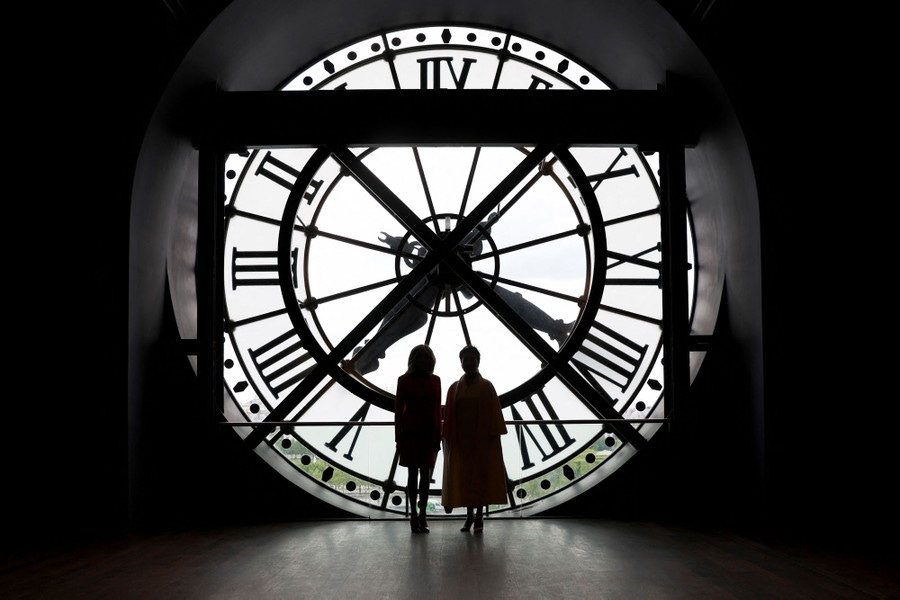The Top 5: €1 Sicilian homes, surveillance capitalism, sunscreen absolutism, loneliness, reservations

Welcome to the latest edition of the Top 5 articles we’ve read this week. Each week, we read dozens of articles in the hope we find essays and reporting that speak to big ideas, trends, future looks, and incredible human stories. We hope you enjoy our list, and do always let us know if you have a suggestion or a recommendation!
The 2024 election is upon us, and we will be putting a lot of thought into our coverage and analysis. Please consider becoming a paid subscriber if this is one of those newsletters you open up all the time or look forward to each week. We couldn’t do this work without our paying subscribers and encourage you to make the switch from free to paid. We have a student/educator discount as well!
The Spirit of Our Politics: Spiritual Formation and the Renovation of Public Life is available now! If you already own the book, access CCPL’s discussion guide here. Would you also consider writing a review on Amazon? Thank you for your support!
The Top 5 articles for your week:
“The Hidden-Pregnancy Experiment” (New Yorker)
Because Jia Tolentino investigates the “buffet” of private data available for purchase from apps, especially data from pregnant women.
The scholar Shoshana Zuboff has called this surveillance capitalism, “a new economic order that claims human experience as free raw material for hidden commercial practices of extraction, prediction, and sales.” Through our phones, we are under perpetual surveillance by companies that buy and sell data about what kind of person we are, whom we might vote for, what we might purchase, and what we might be nudged into doing.
“Against Sunscreen Absolutism” (The Atlantic)
Because Rowan Jacobsen details the complex scientific discoveries around sun exposure.
…We now know that many individuals at low risk of skin cancer could benefit from more sun exposure—and that doctors are not yet prepared to prescribe it. A survey Neale conducted in 2020 showed that the majority of patients in Australia with vitamin D deficiencies were prescribed supplements by their doctors, despite the lack of efficacy, while only a minority were prescribed sun exposure.
“What Does a Lonely Brain Look Like?” (NYT)
Because Dana G. Smith reports how chronic loneliness may lead to neurodegerative diseases.
In the brain, chronic loneliness is associated with changes in areas important for social cognition, self-awareness and processing emotions.
“Why You Can’t Get A Restaurant Reservation” (New Yorker)
Because Adam Iscoe reports that restaurant reservations are a new side-hustle.
Alex Eisler, a sophomore at Brown University who studies applied math and computer science, regularly uses fake phone numbers and e-mail addresses to make reservations. When he calls Polo Bar, he told me, “Sometimes they recognize my voice, so I have to do different accents. I have to act like a girl sometimes”…Last year, he made seventy thousand dollars reselling reservations.
“Sicily Sold Homes for One Euro. This Is What Happened Next.” (Afar Magazine)
Because Lisa Abend explores whether or not one of Italy’s cheap real estate programs actually worked.
I’d arrived in Sicily wondering if the one-euro initiative would ruin the towns that adopted it, replacing their traditional culture with more consumerist ones and destroying their lifestyle and easy sociability. And when that turned out not to be the case, I also wondered if it wasn’t simply a matter of time: Perhaps the pandemic had slowed an already slower way of doing business, and the reckoning would still surely come. But as I sat again in that same restaurant from the first night, it seemed to me that Sicily would be just fine. Maybe the slower pace was not a flaw that would eventually be overcome, but instead a feature that would ensure Sicily remains alluringly and unequivocally itself.
ICYMI on the podcast:
Episode 107: Backlash to Apple's new iPad Pro ad - AI, culture, meaning, and tech innovation



